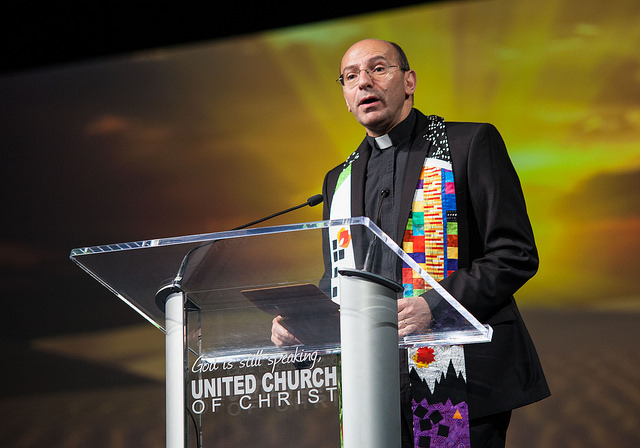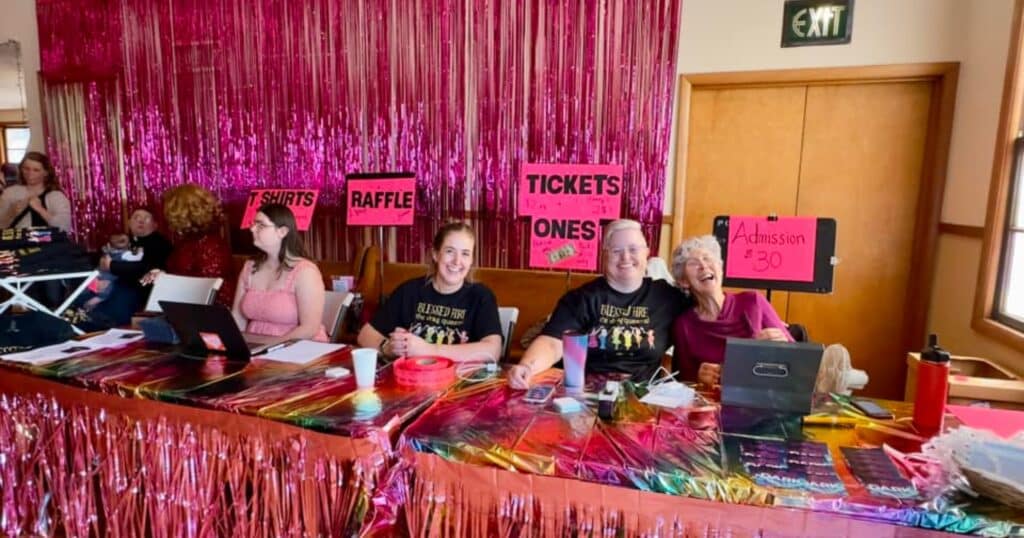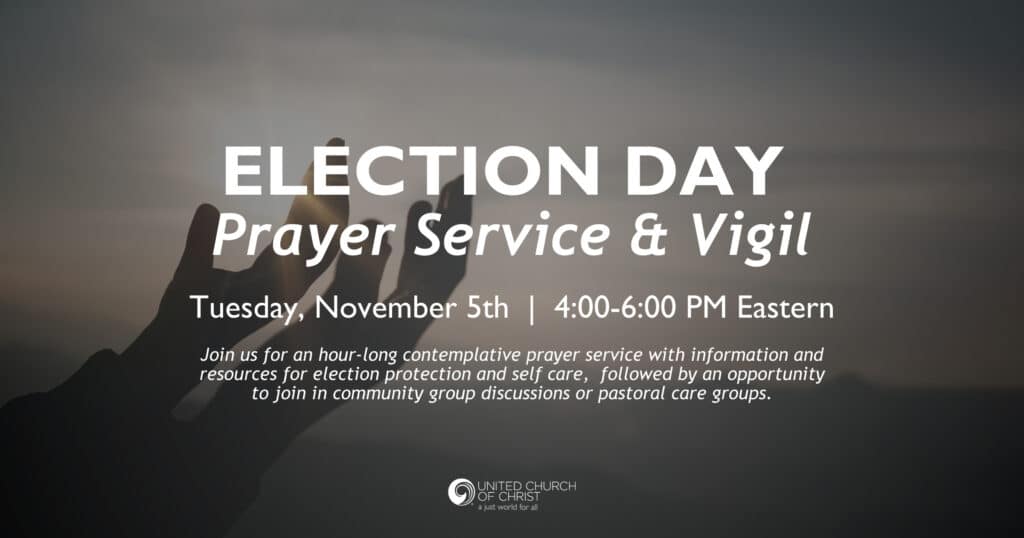Bethlehem pastor, Synod preacher feature in Middle East Initiative webinar
 With the calendar turning to December and the season of Advent, Global Ministries is inviting the wider church to turn its attention to Bethlehem, where the Christ child was born. During the final month of the Middle East Initiative, Palestinian theologian and pastor the Rev. Mitri Raheb, a General Synod 2015 preacher, will participate in a webinar that reveals the ongoing challenges of the Palestinian Christian community, which today lives under Israeli occupation, and the prospects for peace in Israel-Palestine.
With the calendar turning to December and the season of Advent, Global Ministries is inviting the wider church to turn its attention to Bethlehem, where the Christ child was born. During the final month of the Middle East Initiative, Palestinian theologian and pastor the Rev. Mitri Raheb, a General Synod 2015 preacher, will participate in a webinar that reveals the ongoing challenges of the Palestinian Christian community, which today lives under Israeli occupation, and the prospects for peace in Israel-Palestine.
“As we focus on the ‘little town of Bethlehem’ this Advent and Christmas season, the Global Ministries Middle East Initiative webinar brings the voice of a thoughtful and faithful Christian leader from that city to our churches and members,” said Peter Makari, Middle East and Europe area executive for Global Ministries, a shared overseas ministry of the United Church of Christ and Christian Church (Disciples of Christ).
“Rev. Raheb, a native of Bethlehem, is the preeminent Palestinian Christian contextual theologian, whose ideas to improve the lives of Palestinians there have borne much fruit,” Makari said. “We are proud of our partnership with the Evangelical Lutheran Church in Jordan and the Holy Land, where Rev. Raheb is a pastor, and with the Diyar Consortium, of which he serves as president.”
The webinar, to take place at 12 p.m. EST on Dec. 12, will be one of the final events of Global Ministries’ Middle East Initiative as partners and mission personnel offer perspectives on a particular Middle East country, the context in which they carry out their witness and work, and the ways they engage that context.
Raheb was one of the preachers during the UCC’s 30th General Synod in Cleveland, where he preached about the ways in which God chose Israeli-Palestine and Bethlehem as the place for divine revelation.
Since 1992, he has founded and led a number of projects and institutions serving the social needs of Palestinians living in the Bethlehem area, focusing on women, children, youth and the elderly. Bethlehem is surrounded by a 27-foot separation barrier on three sides, built by the Israeli government beginning in 2002. Each day, Palestinians wait in lines for hours to pass through the barrier on their way to work, school and even places of worship.
The Middle East Initiative, which launched in June 2015, invited the wider church to learn more about the work that needs to be done in the region, through an in intensive focus on different countries during the 18-month effort. During that time, congregations and members from both the UCC and its partner church, the Christian Church (Disciples of Christ) learned, advocated and witnessed with partners the issues the region faces. UCC and Disciples members also gained a greater understanding and familiarity of the Middle East, and the legacy of Christian presence in the region.
While the Middle East Initiative is ending, Makari said there will be plenty of opportunities going forward for congregations and members to be in solidarity with partners.
“Even though the Middle East Initiative concludes at the end of December after 18 months of highlighting our partners in the region and the contexts in which they work, all of the webinars, Bible studies, Advent Youth curriculum, and other resources will remain available through the Middle East Initiative website for use at any time. We invite our members to continue to make use of these resources and to share them widely.”
Related News
‘Blessed Are the Drag Queens’: Oregon church event celebrates love and acceptance
Amid harmful anti-trans and nonbinary legislation and political messaging, Bridgeport United...
Read MoreUCC to offer Election Day Prayer Service and Vigil
On Election Day, Nov. 5, join the Rev. Karen Georgia A. Thompson together with United Church...
Read MoreGoing beyond the blessing: Churches emulate St. Francis’ care for animals
https://www.youtube.com/watch?v=lu3LYwhLxCo UCC News presents a video news story on the...
Read More


